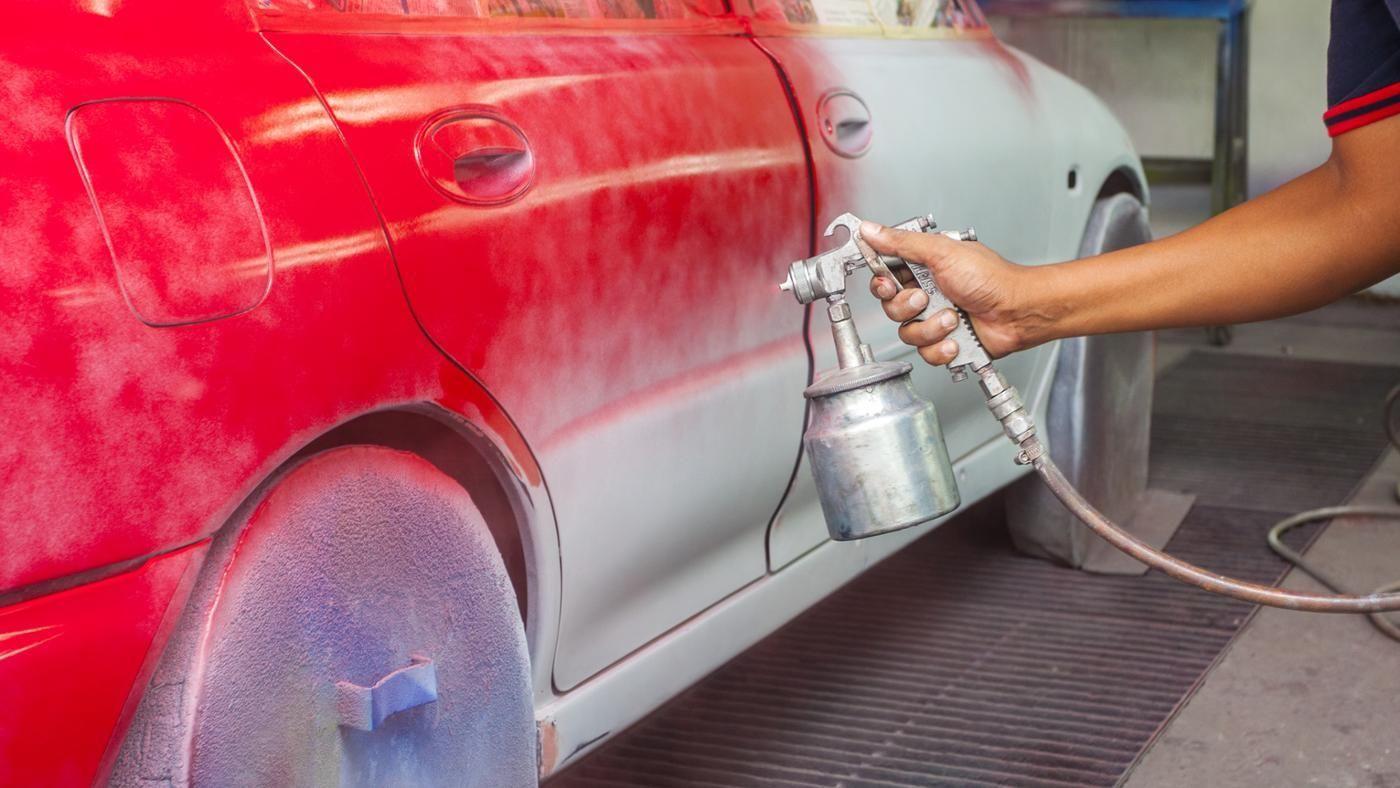How Much Is It For A Paint Job On Car

The quest to refresh a vehicle's appearance often leads car owners to ponder a central question: What does it cost to get a paint job on a car? The answer is rarely straightforward, with prices fluctuating significantly based on numerous factors. From the type of paint used to the size of the vehicle and the quality of the body shop, understanding these variables is crucial for budgeting and making informed decisions.
The cost of a car paint job depends on several elements, including the size and type of vehicle being painted, the condition of the existing paint, the type of paint and finish desired, and the labor rates in the specific geographic area. National averages can provide a starting point, but individual quotes can vary substantially, making research and multiple estimates essential.
Factors Influencing Paint Job Costs
The simplest, most basic single-stage enamel paint job, primarily focusing on covering the existing color without extensive preparation, might start around $500 at the low end. This typically involves minimal body work and is often found at smaller, less specialized shops.
A standard paint job, involving more thorough surface preparation, including sanding and priming, and using higher quality paints with multiple coats, generally ranges from $1,000 to $3,500. This is the most common type of paint job sought by car owners looking for a balance between cost and quality.
For a high-end, show-quality paint job, which often includes custom colors, intricate detailing, multiple layers of clear coat, and extensive bodywork, expect to pay upwards of $5,000, and potentially much more. These jobs are often performed by specialized shops with experienced technicians and utilize premium materials.
Type of Paint and Finish
The type of paint significantly impacts the overall cost. Single-stage paints are generally the least expensive, while two-stage (base coat/clear coat) and three-stage (base coat/mid-coat/clear coat) paints increase the price due to material costs and labor involved in applying multiple layers.
Specialty paints, like metallic, pearlescent, or matte finishes, come with an even higher price tag. These paints require specific application techniques and may necessitate specialized equipment.
Body Work and Preparation
The condition of the vehicle's body is a major cost driver. Extensive rust repair, dent removal, or panel replacement will add significantly to the overall cost.
Surface preparation is equally critical. Proper sanding, priming, and masking are essential for a smooth and durable finish. Neglecting these steps can result in a subpar paint job that deteriorates quickly.
Labor Costs and Location
Labor rates vary significantly based on geographic location and the reputation of the body shop. Shops in metropolitan areas or those with highly skilled technicians typically charge higher labor rates.
It's important to obtain quotes from multiple shops to compare pricing and services offered. Don't solely focus on the lowest price; consider the shop's reputation, warranty, and the quality of materials used.
Potential Impact and Considerations
A fresh paint job can significantly enhance a vehicle's appearance and potentially increase its resale value. However, it's important to weigh the cost against the vehicle's overall value and condition.
For older vehicles with significant mechanical issues, a high-end paint job might not be a worthwhile investment. Conversely, for classic cars or vehicles in excellent condition, a quality paint job can be a valuable restoration or preservation effort.
Ultimately, the cost of a car paint job is a complex equation with numerous variables. Careful research, realistic expectations, and clear communication with body shops are essential for achieving a satisfying result within a reasonable budget. Don't hesitate to ask questions and request detailed estimates to avoid surprises.


















